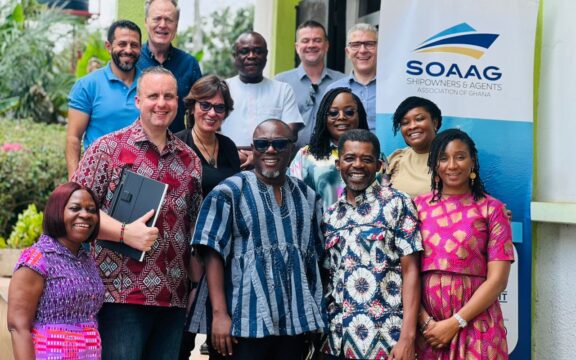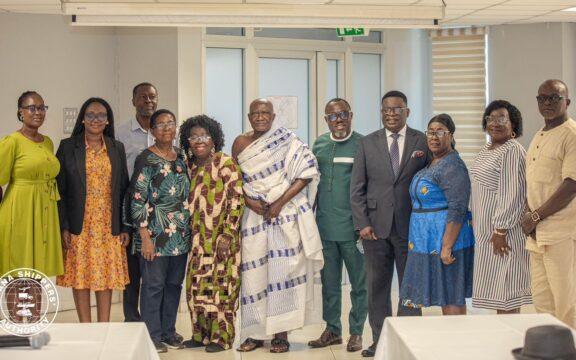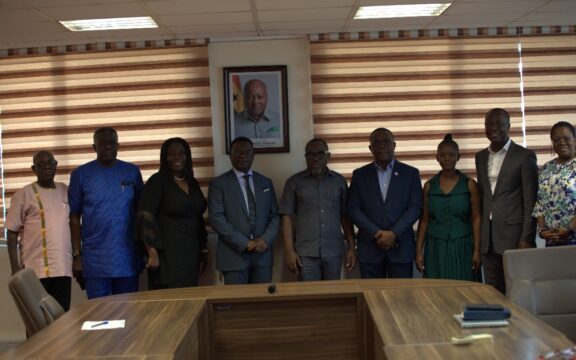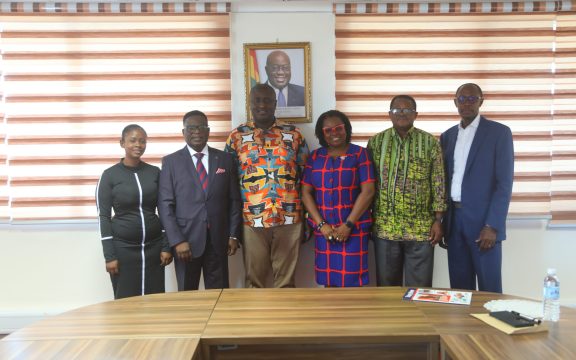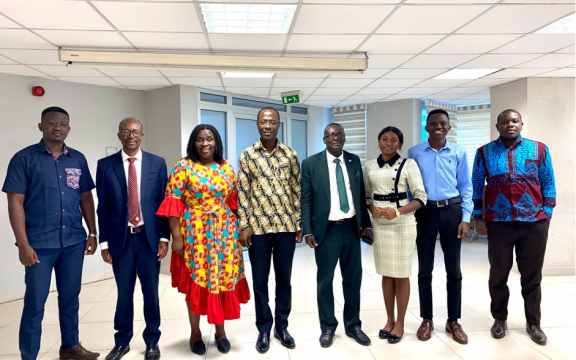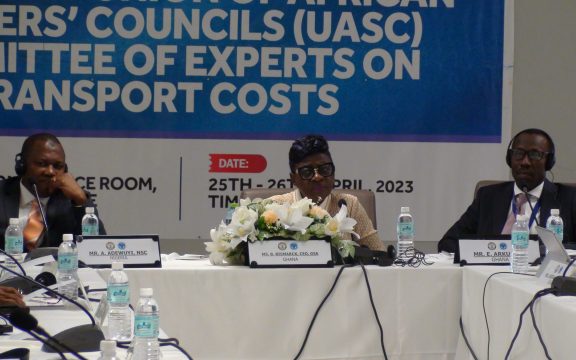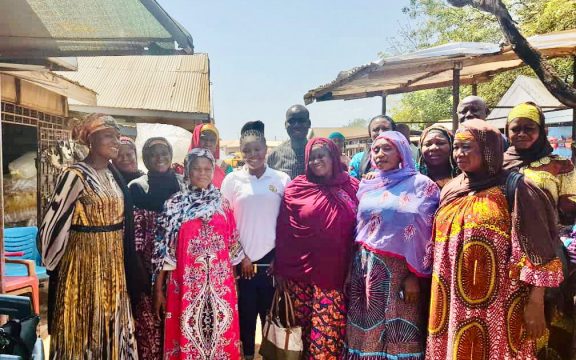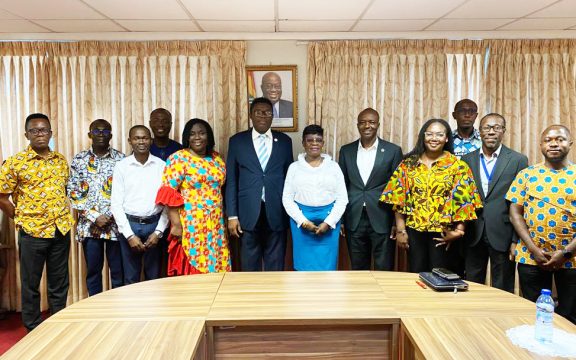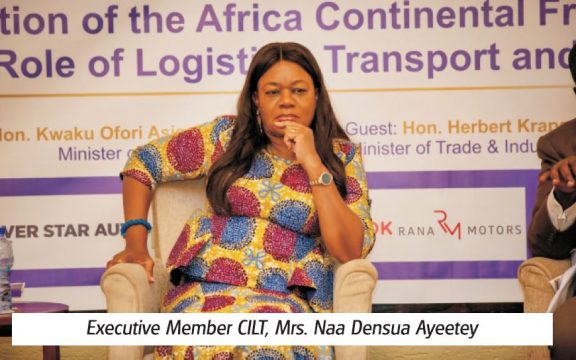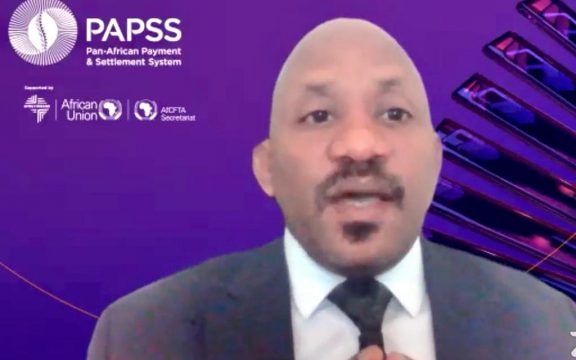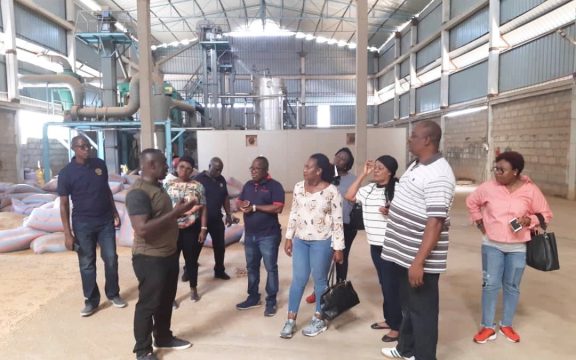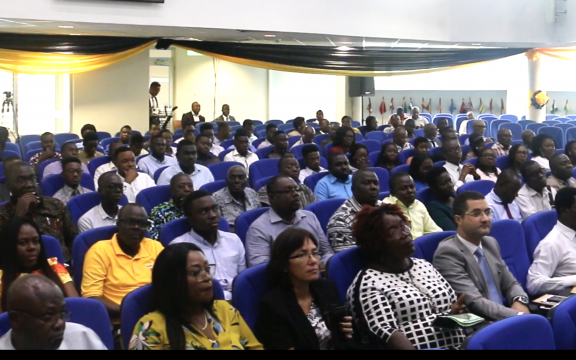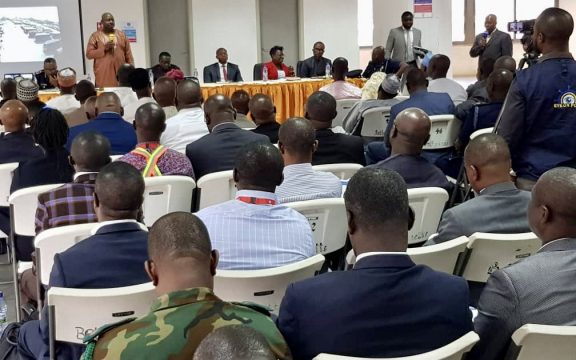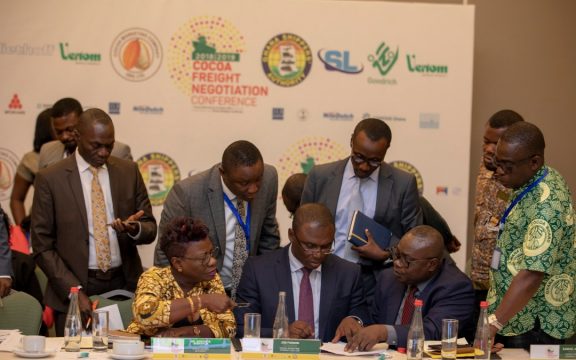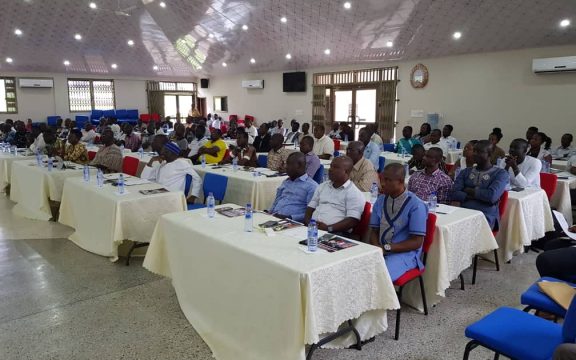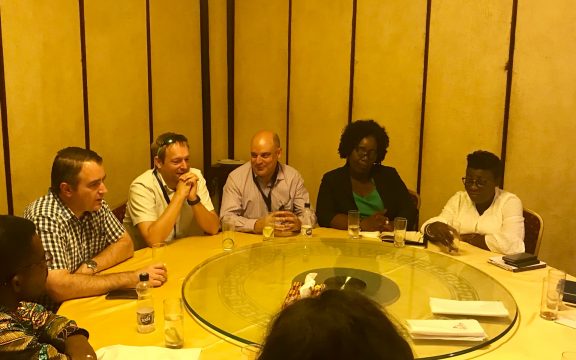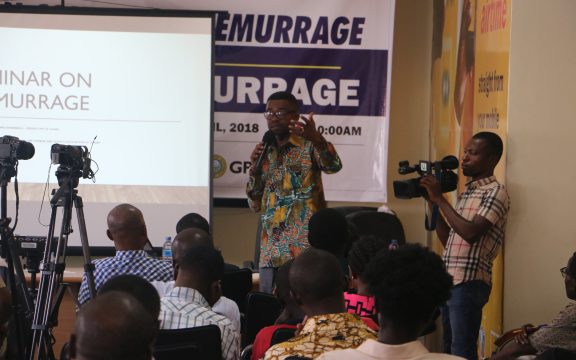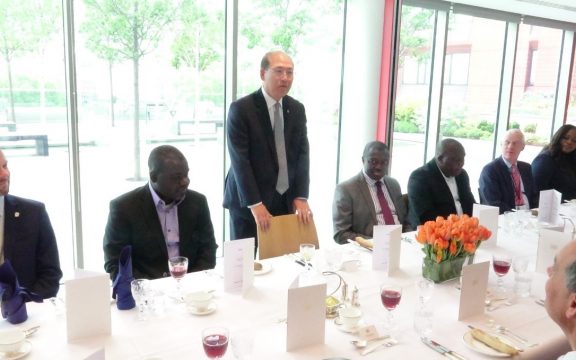 Panel members at the Chartered Institute of Logistics and Transport (CILT) Africa Forum 2022 have made a strong case for a concerted effort for an integrated port development plan among African countries to promote trade through the African Continental Free Trade Area Agreement (AfCFTA).
Panel members at the Chartered Institute of Logistics and Transport (CILT) Africa Forum 2022 have made a strong case for a concerted effort for an integrated port development plan among African countries to promote trade through the African Continental Free Trade Area Agreement (AfCFTA).
Speaking at the forum, the panel members decried the current state of growing unhealthy competition among African states in port infrastructure development. According to them, even though port infrastructure is a commendable venture, African states would only attract equal benefits if they are built or expanded in the spirit of complementing each other.
The Chief Executive Officer (CEO) of the Cross Border Road Transport Agency based in South Africa, Lwazi Mboyi stressed the point that African nations need to pull themselves along to guarantee the success of AfCFTA.
According to him, here is a deep sense of silo mentality that makes Africans develop policies to suit individual countries but so long as it stays that way the success of AfCFTA is in danger.
“If you look at the port of Durban, how does the Port of Maputo complement Durban, what are the activities that are taking place in the port of Maputo and what kind of development is needed? Already, there has been some development at Maputo that has taken business from Durban; in the current state, there are a lot of complementarities for these two ports. The big question is how we complement each other more and the development of policies must be informed by that.”
He said the continent needs to do an assessment of the entire sea line and identify areas that need to be developed and help the specific countries to establish ports to boost the fortunes of the AfCFTA.
Maritime Lawyer, Dr Kofi Mbiah is of the view that individual countries are striving to put up infrastructure and draft AfCFTA policies that would favour their economic structure, while at that losing sight of the central theme of the AfCFTA trade policy.
“When I look at AfCFTA, at the embryonic stages, the concentration is more on trade facilitation, services and regulations; these are the key drivers. But in trying to fashion policies, let them not be country centered; we must develop policies that must be derived from a central theme. With this, we pick it from the continental level, regional and then the national level.
Without this, we will end up developing policies within our own spheres only to realize that it is not in tandem with the overall aim of the continent,” Dr. Mbiah noted.
He added that for this to be realized, sensitization is key: “There should be constant engagement, one thing that has been missing in such plans and projects over the years. At the time you formulate and fashion out policies, that is the exact time you engage stakeholders; not when you have developed the policy and then stakeholder engagement take a top to bottom approach,” he added.
For him, the development of port infrastructure to back the implementation of AfCFTA must be seen as a strategic economic venture.
“This is what will promote AfCFTA otherwise there will be some confusion among member states. As we see all countries today wanting to build a hub port, we know that should not be the case because other large African nations can support the smaller ones to boost trade facilitation. Some small nations have no business building a hub port; They just need to position what they have well so they can benefit from AfCFTA.”
 The Chief Operating Officer of the Chamber of Bulk Oil Distributors (CBOD), Dr. Daniel Addo reiterated the need for the AfCFTA framework to be seen as the main reference point for all nations on the continent. For him, every action that a nation would take with respect to AfCFTA must be one that is suitable to the master plan. This he believes will help nations not to engage in individualistic projects.
The Chief Operating Officer of the Chamber of Bulk Oil Distributors (CBOD), Dr. Daniel Addo reiterated the need for the AfCFTA framework to be seen as the main reference point for all nations on the continent. For him, every action that a nation would take with respect to AfCFTA must be one that is suitable to the master plan. This he believes will help nations not to engage in individualistic projects.
“Now, we should be doing away with bilateral negotiation and doing more multilateral negotiations. We need to understand that individual markets are small, that is why AfFCTA is being championed to open up a continental market full of opportunities. This will also give the continent enough leverage,” Mr. Addo said.
On the part of the Ship Owners and Agents Association of Ghana (SOAAG), African nations must start from the basics and understand the operations of each other to develop policies and plans to complement and not compete with each other. The Vice President of SOAA, Adam Imoro Ayana said the success of AfCFTA is dear to all stakeholders, but it will take hard work to realize the anticipated goals.
“I strongly want AfCFTA to work as it has been a dream for so long which has metamorphosed into what we are talking about today. Thinking in silos is an innate African problem. Small businesses in Africa spend a lot of time thinking about how to quickly beat big and established businesses in their sectors other than wanting to tap from the experience or forge some partnership to grow. It will take some time, but we need to grow out of this quickly” Mr. Ayana said.
He added that it is about time African countries think of partnerships to grow the maritime sector than the subtle scheming amongst themselves.
“Togo port does not know what Ghana port is doing, Ghana on the other hand does not know what Nigeria is doing, and we don’t know what Durban is doing. What we do best is pay them a visit and come back to our country to plan on how to get some of their businesses to our port. It will take some time, but we need to start seeing ourselves as one people and working to better the fortunes of the citizens on the continent. We need partnerships” he opined.



